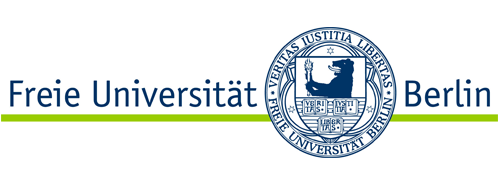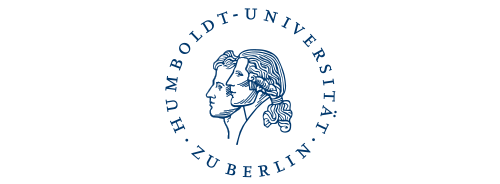Literary storytelling and social change: from counter-normativity to reciprocity as resistance (Sarah Colvin)
In the context of this interdisciplinary conference, my paper will address the tension between norms and distance from norms in the specific context of literary studies, considering the particular contribution literary studies might make – or that its object, literary writing, might make – in matters of normativity, counter-normativity, and social change. My focus is on the formalities of storytelling as means of invigorating discourse and enabling movement. Taking the discursive example of countering, which formally binds movement-away-from-the-norm to the norm, with its dash or Bindestrich (counter-memory, counter-normativity, counter-violence), I will explore aesthetic solutions to that formal problem in recent German-language literary writing. There is, for example, a striking moment of counter-memory as chiastic memory in Olivia Wenzel’s 1000 Serpentinen Angst (2020), when the protagonist who is struggling with the memory of her twin brother’s life and death encounters a snack machine like the one on the railway platform where he committed suicide: ‘Ich starre in den Snackautomaten, der Snackautomat starrt in mich’. Like countering, chiasmus has (or can be seen to have) a binary form; but where counter-movement is antagonistic, chiasmus is reciprocal, and models a dynamic alternative to countering that has been theorized by Amrita Banerjee as radical solidarity, by María Lugones as interactivity, and by Michelle Wright as intersubjectivity.




